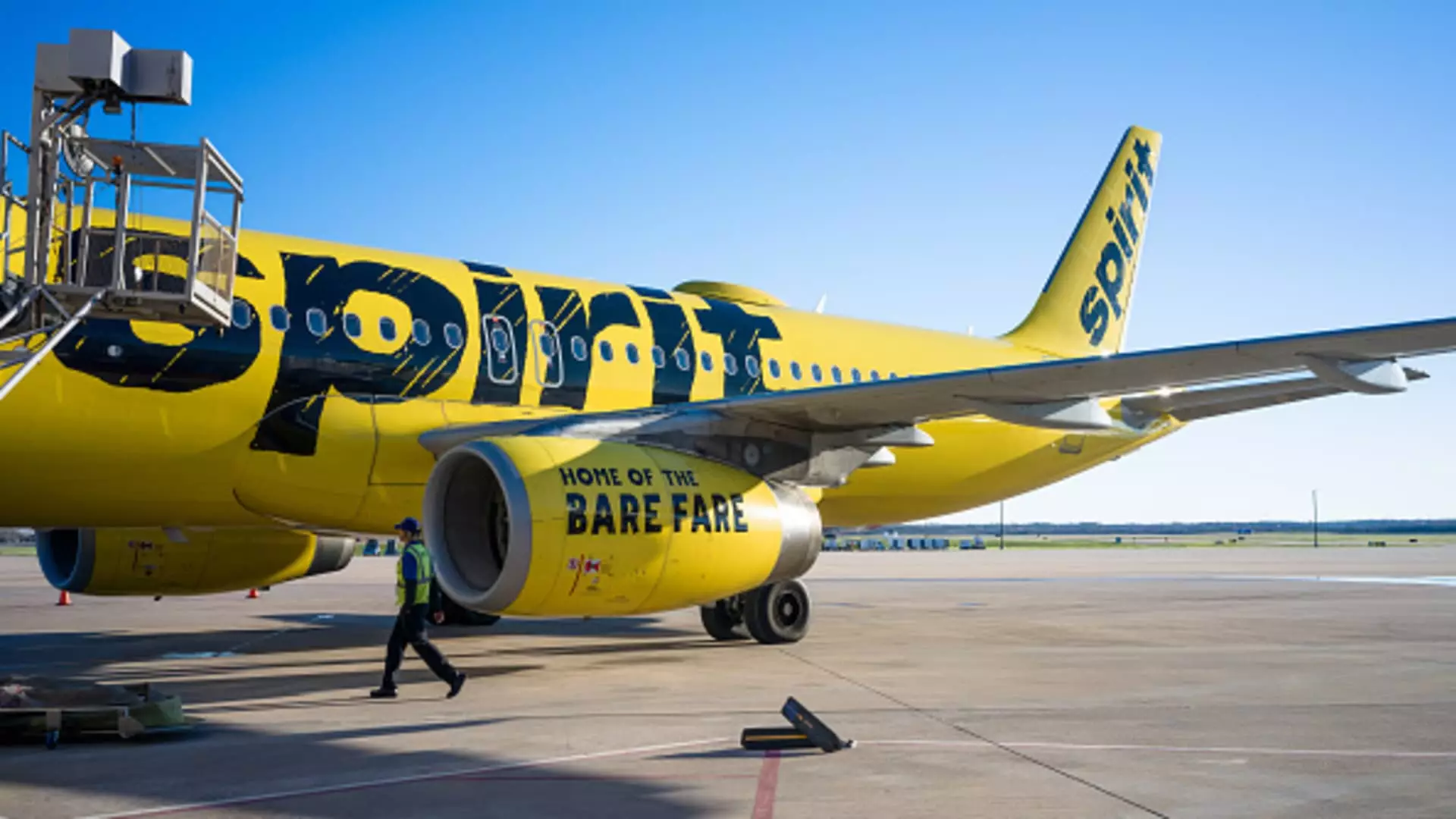Spirit Airlines, under the leadership of CEO Ted Christie, faces financial instability following the collapse of a potential takeover by JetBlue Airways. The airline industry, already suffering from shifting travel demands and increased competition in the US market, has been further challenged by a recent recall of Pratt & Whitney engines that grounded several Airbus planes belonging to Spirit.
In light of these challenges, Spirit announced in February its intentions to refinance in order to address its debt. The company was previously reliant on a merger agreement with JetBlue, which ultimately fell through due to antitrust concerns raised by a federal judge. Despite this setback, Christie remains optimistic about the airline’s stand-alone plan, emphasizing that they are committed to executing their strategy and are not currently considering filing for Chapter 11 bankruptcy.
However, S&P Global Ratings recently downgraded Spirit, citing concerns about its financial capacity to refinance. The company is facing significant debt obligations, including a loyalty bond due in September 2025 and a convertible note due in 2026. These challenges have raised speculation about the possibility of a distressed exchange in the near future. Additionally, the departure of the company’s finance chief to join Hertz as CFO has brought further uncertainty to Spirit’s financial outlook.
Operational Adjustments
In response to its financial struggles, Spirit Airlines has implemented various cost-saving measures to improve its cash flow. These initiatives include deferring Airbus deliveries, engaging in sale-leaseback deals, and restructuring its business model. The airline has done away with most flight-change fees and now offers bundled perks alongside its affordable fares, in contrast to its previous a la carte approach. Additionally, Spirit has loosened restrictions on flight credits and increased the weight limit for checked bags, all in an effort to attract more customers and increase revenue.
Spirit Airlines is facing significant financial challenges as it navigates through a turbulent period marked by failed merger attempts and operational disruptions. Despite these obstacles, the company remains steadfast in its commitment to financial stability and growth, as evidenced by its ongoing refinancing efforts and strategic operational adjustments. Only time will tell whether Spirit can overcome its current difficulties and emerge stronger in the competitive airline industry.

